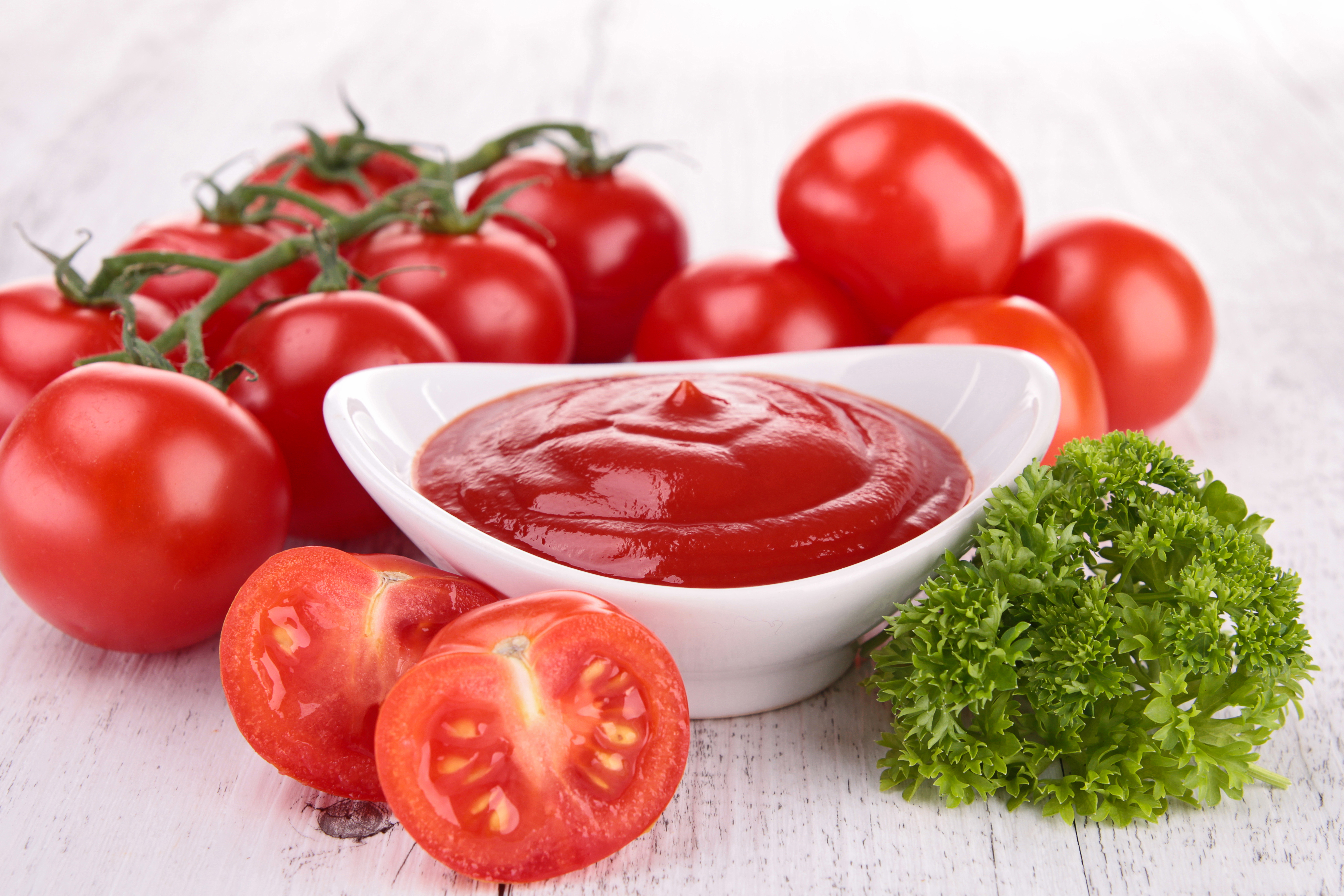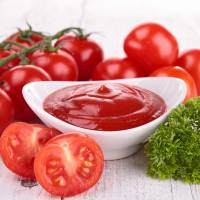The government on Wednesday proposed mandatory country of origin labeling for all food products processed in Japan, in a move to address safety concerns once a Pacific free trade pact takes effect.
At a meeting, the Consumer Affairs Agency and the farm ministry put on the table a draft plan to expand the scope of labeling — which currently covers 22 categories, as well as four specific items, including grilled eel — to all basic ingredients.
The government outlined the proposal amid potential concerns about the food traceability system and a major inflow of cheap imported products under the Trans-Pacific Partnership.
The proposal calls for displaying the country of the chief ingredient of the processed food, while allowing labels of "imported" or "imported or domestically produced" when a major ingredient comes from multiple countries or sources that frequently change.
The rules have many other exceptions, however, and do not cover restaurant or take-out foods.
The latest move on food labeling is in line with the plan included in the government's policy outline announced in November after Japan, the United States and 10 other countries negotiated the massive free trade pact, which was concluded in October 2015.
While the government launched an expert panel on food labeling in January, some makers had opposed the changes, arguing they would raise costs.




